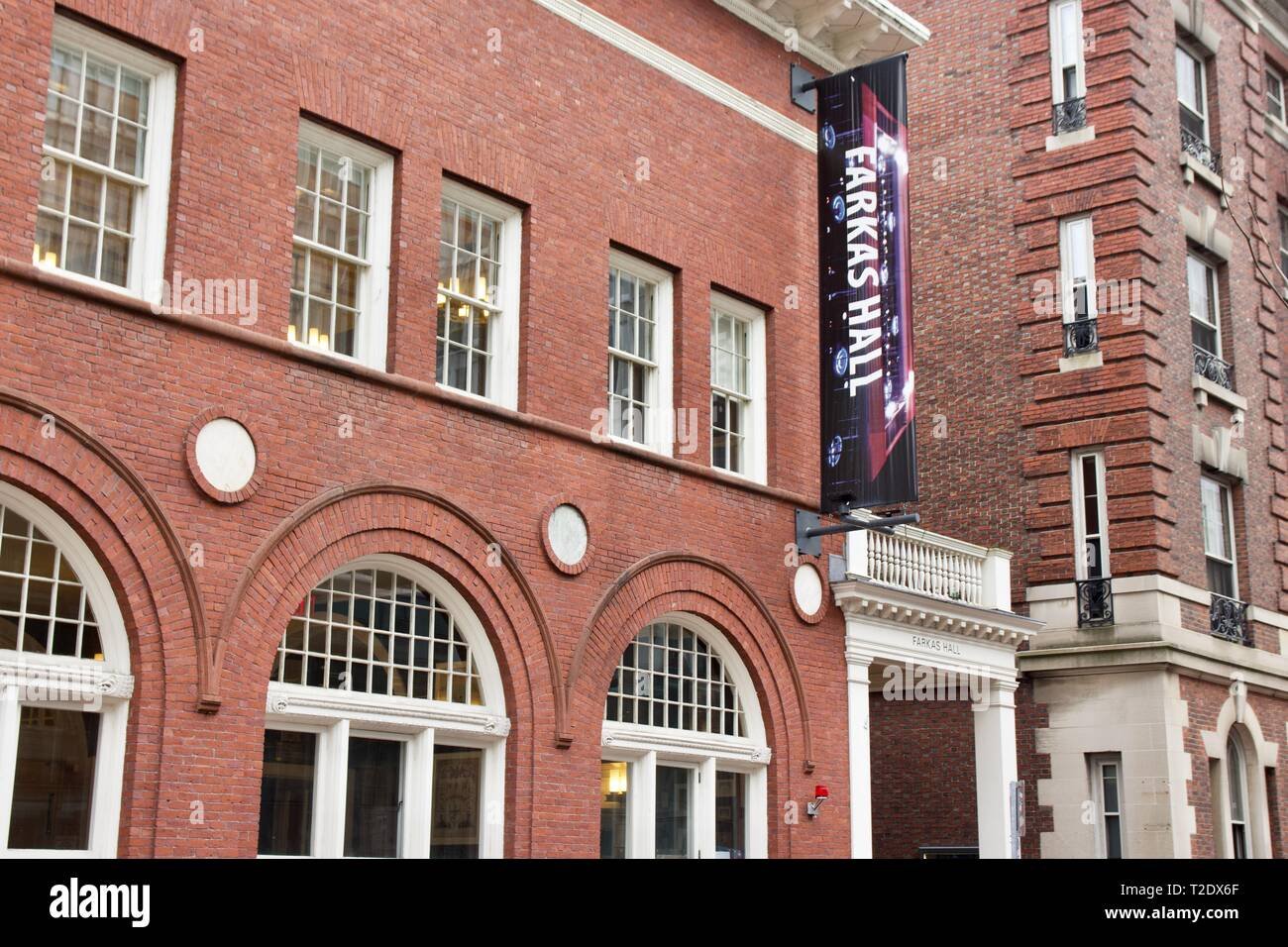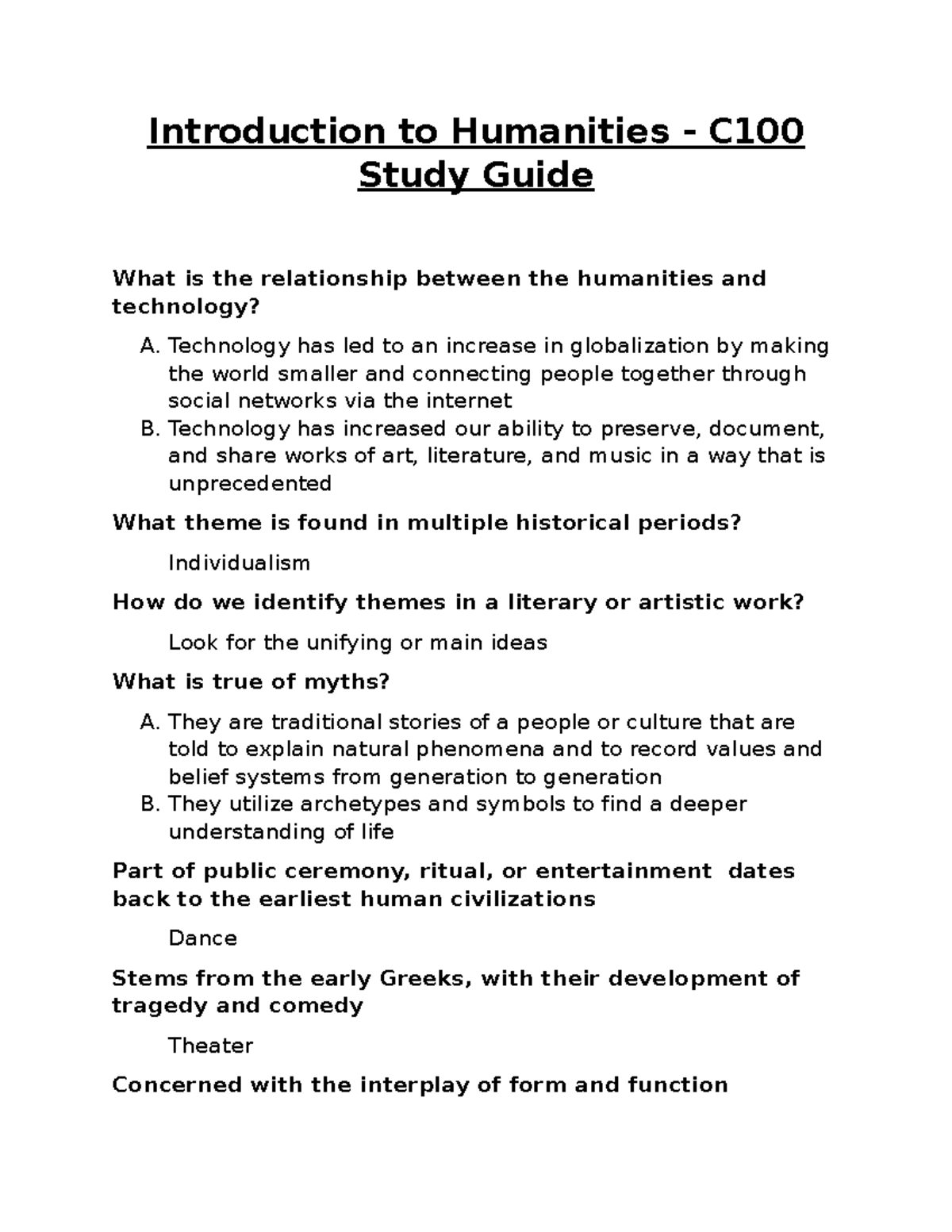The Harvard Office for the Arts (OFA) serves as a vibrant hub where creativity and expression flourish, celebrating a legacy of artistic innovation for 50 years. This dynamic institution not only nurtures students’ passions through a wide range of programs including the ceramics program at Harvard but also showcases diverse talents during Harvard arts celebrations. With engaging student performances at Harvard across theater, dance, and music, the OFA plays a crucial role in enriching the university experience. Furthermore, it offers countless opportunities for students to delve into their interests, illuminating paths in fields like Harvard art history and performing arts. The OFA is more than just an office; it embodies a commitment to making the arts a vital part of a comprehensive education at Harvard.
At the Harvard University Office for the Arts, students are immersed in a world where creativity and artistic practice take center stage. This institution is dedicated to fostering a thriving atmosphere for emerging artists, encouraging them to explore various disciplines including ceramics, theater, and music. With a rich tapestry of programming, the OFA facilitates regular performances and exhibitions that celebrate student contributions to the arts. This not only enhances the cultural landscape but also promotes appreciation for artistic endeavors, echoing through the history of Harvard and enriching the campus community. As students intersect with the vibrant arts scene at Harvard, they find an array of opportunities to express themselves and connect with others.
Celebrating the Arts at Harvard University
Harvard University has long been a beacon of artistic expression, and the recent celebration of the Office for the Arts (OFA) marks a significant milestone in this rich history. With 50 years dedicated to fostering creativity and exploration, the OFA embodies the essential role that art plays in the academic experience. The event celebrated a vibrant tapestry of performances and storytelling, inviting students, alumni, and faculty to reflect on their journeys through various art forms. From stirring dance routines to dramatic poetry, the celebration highlighted the power of the arts to inspire and provoke thought, demonstrating that creativity and education go hand in hand.
As part of the celebration, attendees were treated to performances by the renowned African dance troupe Omo Naija X Wahala Boys, showcasing the diversity and dynamism of student-driven artistic endeavors. The presence of former OFA directors and distinguished alumni emphasized the importance of mentorship and sustained engagement within the arts community. This gathering not only commemorated past achievements but also set the stage for future artistic innovation at Harvard, reminding everyone present of the timeless allure of creativity.
The Role of the OFA in Shaping Student Creativity
The Office for the Arts at Harvard plays a pivotal role in shaping the creative pursuits of students across disciplines. Programs like the ceramics studio and theater workshops provide critical hands-on experiences that nurture artistic talent from its inception. Tiffany Onyeiwu’s journey from a high school art enthusiast to a joint concentrator in Art, Film & Visual Studies and Social Anthropology reflects the transformative impact of the OFA’s offerings. In essence, the OFA acts as a catalyst for students, fostering a space where they can explore their artistic inclinations and challenge their boundaries.
Moreover, the OFA’s support extends beyond mere artistic training; it cultivates a community that uplifts student performances and projects. Maranatha Paul’s transition from being inspired by Shakespeare to producing his own works exemplifies how the office empowers students to voice their narratives. The interconnectedness of art and personal development is a theme consistently echoed by both students and faculty during events, reinforcing the notion that the arts are integral to the holistic educational philosophy at Harvard.
Harvard’s Renowned Ceramics Program
The ceramics program at Harvard, housed within the Office for the Arts, stands as a testament to the university’s commitment to fostering artistic talent and exploration. Students like Tiffany Onyeiwu find themselves not only crafting pottery but also engaging in a form of personal expression that speaks to the core of their artistic identity. The tactile experience of working with clay offers a unique meditative process where students learn to channel their creativity into tangible forms, thus bridging the gap between theory and practice in the arts.
As part of the broader curriculum, the ceramics program integrates principles of design, history, and technique, providing a well-rounded education in art that aligns with Harvard’s rigorous academic environment. These artistic endeavors often expand into interdisciplinary projects, allowing students to collaborate across various fields, such as engineering or film studies, further enhancing the art-making experience. This program not only nurtures individual talent but also strengthens the collaborative spirit among students passionate about the arts.
Exploring Harvard’s Art History
Harvard’s Art History program is not just a study of past works; it is a vibrant exploration of how art influences society and culture today. Students delve into the critical analysis of artistic movements, examining the contextual underpinnings that shape artistic expression. This comprehensive approach provides a platform for learners to engage with the arts critically, establishing a strong foundation for those pursuing careers in curatorial work, conservation, or academia.
Courses offered by the Department of History of Art and Architecture encourage students to traverse the globe, investigating the myriad ways in which arts evolve through time and space. Field trips to prestigious museums and local galleries supplement classroom learning, allowing students firsthand access to world-renowned collections. This engagement with art history enriches their understanding of current artistic practices while fostering a greater appreciation for the complexity and richness of the artistic endeavor.
Performance Art and Theater at Harvard
Theater at Harvard is not merely about acting; it encompasses a holistic approach that merges creativity with critical thought. Influenced by esteemed faculty like Professor Diane Paulus, the program nurtures the next generation of actors, playwrights, and directors, pushing them to explore innovative narratives and performative styles. Celebrated at recent events, student performances serve as a testament to the thriving creative community at Harvard, where students take risks to express diverse perspectives through their art.
Equipped with robust resources and a network of talented peers, students are empowered to produce original works that often challenge societal norms and provoke meaningful dialogue. The production processes not only enhance their technical skills but also instill leadership qualities. As Maranatha Paul aptly highlighted, engaging with theater opens avenues to share personal stories, foster connections, and inspire others, showcasing the transformative power of the performing arts at Harvard.
The Impact of Harvard Arts Celebrations
Harvard arts celebrations bring together a diverse array of performances, creating a dynamic atmosphere that showcases the expansive talent within the university. Events like the recent celebration of the Office for the Arts highlight the importance of collective experience in the arts, allowing students and faculty to come together to witness and support peer creativity. Such celebrations foster community spirit while also opening doors for networking and collaboration among artists across different mediums.
Furthermore, these gatherings serve as an encouragement for students to take bold artistic risks, as exemplified by the series of performances during the event. When students share their art, whether through dance, theater, or spoken word, they contribute to a larger discourse about culture and identity, making these arts celebrations essential not only for participants but for the entire Harvard community. They reaffirm the belief that the arts are not peripheral but central to the university’s mission.
Highlighting Student Performances at Harvard
The vibrancy of student performances at Harvard illustrates the depth of talent that thrives within the university’s artistic circles. Each showcase provides a platform for students to express their unique voices, with performances ranging from musical renditions to dramatic acts. The recent celebration featured emerging artists like Kate Vandermel and Bronwyn Vance, whose contributions to music and theater reflect not only their personal journeys but also the diverse influences that shape Harvard’s artistic climate.
These showcases are pivotal in developing students’ confidence and providing them with essential performance experiences that prepare them for future artistic endeavors. Encouragement from peers and faculty fosters a supportive environment where students can experiment with their craft and share their stories. The Office for the Arts ensures that each student performance is celebrated and documented, creating a legacy of creativity that future generations can draw inspiration from.
The Future of Arts Education at Harvard
As Harvard’s arts programs continue to evolve, there is a growing emphasis on integrating technology and innovation into the curriculum. The digital landscape offers new mediums for artistic expression, encouraging students to experiment and redefine traditional practices. Collaborative projects that merge art with technology are becoming more common, fostering a spirit of interdisciplinary exploration that is vital for modern arts education.
In looking toward the future, Harvard aims to further enrich its arts offerings by expanding access and inclusivity within its programs. This commitment includes outreach efforts aimed at diverse student populations, ensuring that all voices can participate in the arts community. By prioritizing diversity in the arts, Harvard is not only shaping the talent of tomorrow but is also fostering a rich cultural tapestry that reflects varied perspectives and experiences.
The Community Impact of the Harvard Arts Programs
Harvard’s commitment to the arts extends beyond campus boundaries; it actively seeks to engage with the local and global communities. Programs initiated by the Office for the Arts encourage students to interact with external organizations, bringing their creative talents into community service and outreach efforts. This engagement not only benefits the surrounding areas but also enriches the students’ educational experiences as they apply their skills in real-world contexts.
Events like community art fairs, workshops, and collaborative projects with local schools foster connections that underscore the importance of art in society. These initiatives exemplify how the arts can serve as a vehicle for social change, raising awareness and fostering dialogue about pertinent issues. Through these partnerships, Harvard students learn to view their art as a tool for empowerment, understanding that their contributions can have lasting impacts within and beyond their immediate surroundings.
Frequently Asked Questions
What is the role of the Harvard Office for the Arts in student performances at Harvard?
The Harvard Office for the Arts (OFA) plays a crucial role in facilitating student performances across various disciplines, from theater to music and dance. By providing support, funding, and resources, the OFA enhances the student experience and fosters artistic expression, showcasing the diverse talents of Harvard students through platforms like the American Repertory Theater and various campus events.
How can students participate in the ceramics program at Harvard through the Office for the Arts?
Students interested in the ceramics program at Harvard can join workshops and classes offered by the Office for the Arts. The program is designed to help students develop their skills in pottery and sculpture while providing a creative outlet. Located in the Quincy House basement, the ceramics studio is an inviting space where students can experiment and express themselves artistically.
What events does the Harvard Office for the Arts organize to celebrate arts and culture?
The Harvard Office for the Arts organizes various events that celebrate arts and culture, including performances, exhibitions, and workshops. The 50th anniversary celebration featured storytelling, music, dance, and poetry, reflecting the OFA’s commitment to highlighting the vibrant arts community at Harvard and encouraging student engagement.
How does Harvard’s art history program integrate with initiatives from the Office for the Arts?
Harvard’s art history program collaborates with the Office for the Arts to enhance students’ understanding of art as a cultural and historical artifact. Through exhibitions, lectures, and hands-on experiences, the OFA supports the curriculum by providing students with opportunities to engage deeply with art beyond the classroom setting.
What opportunities are available for students interested in theater at Harvard through the Office for the Arts?
Through the Harvard Office for the Arts, students can participate in various theater opportunities, including acting, directing, and stage management. Students can also access workshops, receive mentorship from professionals, and take part in productions at the American Repertory Theater, allowing them to develop their skills and showcase their talents.
| Key Points | Details |
|---|---|
| Celebration of 50 years of the OFA | The Office for the Arts (OFA) recently celebrated its 50th anniversary with an event featuring various performances and storytelling, emphasizing the importance of the arts in education. |
| Student Engagement | Students like Tiffany Onyeiwu and Maranatha Paul shared their transformative experiences in the arts, highlighting opportunities provided by the OFA. |
| Impact of the Arts | Speakers emphasized how art fosters personal growth and allows individuals to share their unique perspectives with the world. |
| Performances and Honors | The event showcased various performances, including opera and dance, and recognized past OFA directors for their contributions. |
| Call to Action | OFA Director Fiona Coffey encouraged attendees to embrace their artistic sides and share their voices with courage and vulnerability. |
Summary
The Harvard Office for the Arts plays a pivotal role in fostering a vibrant community where creativity thrives. As we celebrate its 50th anniversary, the importance of storytelling through diverse art forms has never been more evident. The OFA not only enriches the academic experience at Harvard but also empowers students to express their unique perspectives, engage with the world around them, and embrace their artistic passions. By nurturing talent and encouraging innovative thought, the Harvard Office for the Arts continues to illuminate the path for future generations, making it an integral part of the university’s educational mission.


